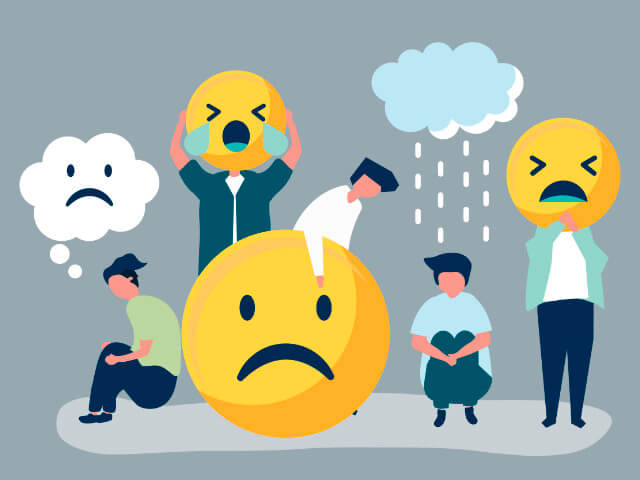What are the negative climate impacts happening that are unique to Australia?
Broadly speaking, many of the climate impacts that we are seeing in Australia are also happening in other parts of the world, but there are plenty of examples of how they uniquely affect Australians and our unique plant and animal life. We have seen, and will continue to see, average air and ocean temperatures rise and also extreme events occur more regularly. Extreme events include things like droughts, floods, cyclones, bushfires and heatwaves that occur both on land and in the ocean. We don’t have to go too far back to remember the 2019-2020 bushfires that burned across much of Australia. This had devastating effects on communities, but also burnt some areas of very old forest. These are not likely to recover in our lifetime and contained tree species that are both rare and unique to Australia. The bushfires also had an impact on our iconic wildlife, both directly and by destroying large tracts of habitat for koalas, in particular.
We have also seen a number of marine heatwaves in recent years, where ocean temperatures are very much higher than usual for weeks to months. One of the most widely known Australian impacts of these heatwaves is the bleaching of corals on the Great Barrier Reef. The Great Barrier Reef is unique because it is the largest coral reef system on earth and contains an incredible diversity of marine species. When corals bleach they lose the tiny organisms, called zooxanthellae, that live inside them and provide them with energy. Sometimes corals can recover if temperatures cool again quickly enough, but repeated high temperatures and bleaching causes them great stress. Scientists are looking at ways to grow and transplant the most resilient corals and managers are working to reduce other factors that stress corals, such as increased nutrients and pollution from land, to give corals on the Great Barrier Reef the best chance of survival. Of course, the most important thing that we can do as a society to change the path that we are on and lessen the negative impacts of climate change is to reduce CO2 emissions as soon as possible. While this is a global challenge, we all have our small part to play.











